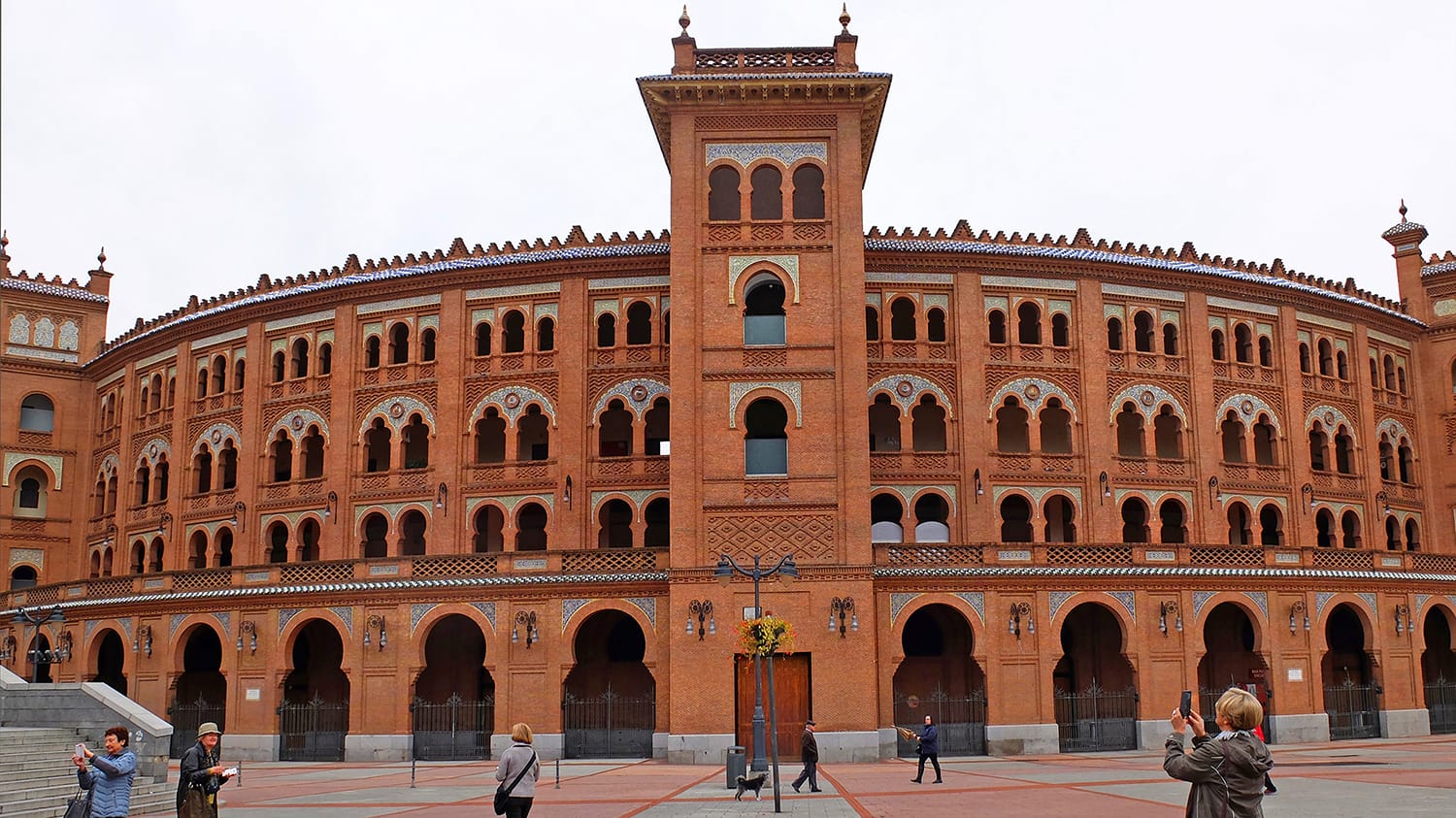In an unprecedented display of solidarity, far-right leaders from across Europe convened in Madrid for a summit organized by Spain’s nationalist VOX party. The event, dubbed the “Patriots for Europe” summit, brought together politicians, activists, and thousands of supporters in a rallying cry to reshape European politics. The summit underscored their collective embrace of former U.S. President Donald Trump as a global symbol of nationalist resilience.
In the Spanish capital, organizers sought to present a united front, stitching together various far-right platforms under a shared agenda advocating national sovereignty, immigration restrictions, and resistance to centralized governance from the European Union. Leaders repeatedly referenced Trump’s leadership style and policy initiatives as a catalyst for their campaigns.
Hungarian Prime Minister Viktor Orban opened the summit with a keynote speech, declaring Trump’s recent resurgence as a “game changer” for Europe’s conservative movements. In attendance, Marine Le Pen of France’s National Rally lauded Trump’s unwavering stance on sovereignty issues, emphasizing that their struggle was not an “anti-Europe” campaign but one against a bureaucratic Europe.
A particularly notable feature of the event was a pre-recorded video address from Trump himself. In his charisma-laden message, the former U.S. President celebrated the participants’ alignment with his “America First” principles, tailoring the sentiment into a broader call for Europe to “Make Europe Great Again.” Trump’s brief yet pointed comments visibly energized the crowd, who responded with thunderous applause.
Spain’s VOX party leader Santiago Abascal, who played a significant role in hosting the event, took the opportunity to spotlight his party’s growing influence domestically and within the European Parliament. He pointed to a broader “awakening” among European citizens who he claimed are disillusioned with progressive policies and the erosion of traditional values.
The rally served as a strategic cornerstone for the “Patriots for Europe,” a voting bloc in the European Parliament, which has grown after successive electoral gains in key member states including Italy, Hungary, and France. Comparable to the once-fringe eurosceptic parties, this movement appears more assertive, appealing to a mixture of traditionalists, economic conservatives, and nationalist voters.
Despite its grand aims, the event also underscored divisions within Europe about the ascent of far-right politics. Critics allege the gathering represents a threat to unity and the foundational democratic principles the EU was built upon. Activists and opposition politicians have condemned the rally, describing it as a dangerous flirtation with extremism. Meanwhile, those in attendance framed their approach as the only alternative to what they view as a deteriorating status quo.
Analysts believe the growing prominence of Europe’s far-right is facilitated by a precarious international geopolitical landscape and widespread dissatisfaction with traditional parties. Rising inflation, debates over asylum policies, and ongoing concerns about security have created fertile ground for these movements to expand their influence.
Symbolism and messaging played heavily into the rally’s organization, reflecting the sophisticated branding efforts that mirror Trump’s own political maneuvers. Banners bore slogans similar to “Build the Wall,” and some participants donned red caps resembling Trump’s infamous “Make America Great Again” hats but emblazoned with pan-European variations.
While the event garnered significant media attention, experts also caution about its long-term implications. The alliance between these European factions is fragile, given their traditionally isolationist and nationalist foundations. Some question their ability to sustain cooperation without succumbing to internal contradictions.
As the summit concluded, participants issued a declaration of intent to promote their agenda in upcoming elections at both national levels and the European Parliament. With the rally signaling a strengthened network for Europe’s far right, progressive and centrist factions may find themselves recalibrating to counter their rising momentum.
Though still divisive, the Madrid summit could mark a turning point for European politics. Whether this movement persists or fades under the weight of criticism and internal discord remains to be seen, but for now, the far-right’s emboldened leaders appear determined to make their mark.



